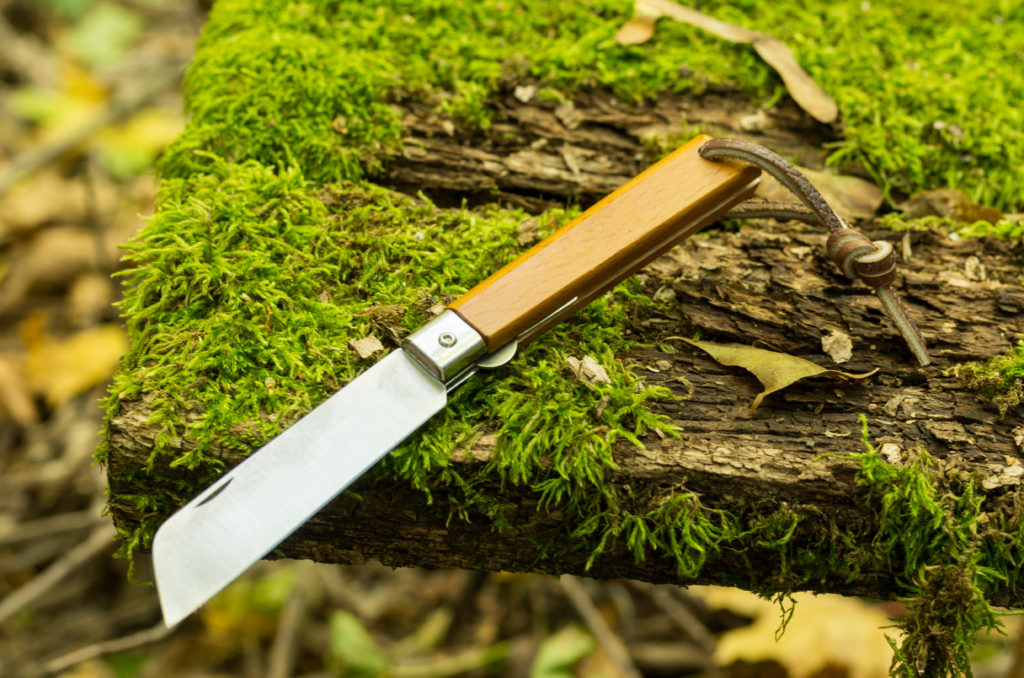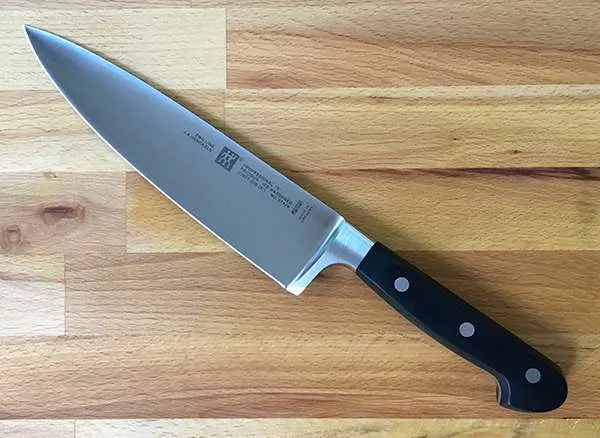Last updated on January 20th, 2024 at 02:20 am
Many people carry knives for self-defense, outdoors, and daily jobs. To avoid legal complications, you must know knife possession and carry legislation. Michigan law restricts knife size and use. This article will help you understand and comply with Michigan knife laws.
What is Michigan Knife Laws
Michigan Penal Code Act 328 of 1931 governs knife possession, carry, and use. Knife owners must know these laws to avoid legal difficulties and ensure responsible possession.
What Defines a Legal Knife Size in Michigan?
Michigan law does not define knife dimensions. A knife’s legality depends on its blade length and purpose. Michigan allows knives with blades under three inches. However, this guideline may vary depending on the situation and knife location.
Carrying a Knife for Self-Defense

Self-defense knife carry presents safety and legal issues. Self-defense with knives is legal in Michigan, but it’s important to understand the law. Let’s discuss Michigan’s knife self-defense laws:
Self-defense: Michigan law allows self-defense, but it needs reasonable force. Thus, power must match danger. Before wielding a knife for self-defense, assess the circumstances and consider alternatives like seeking help or fleeing.
Imminent risk: Self-defense requires an urgent and reasonable belief that your life or bodily well-being is in risk. Self-defense laws only apply in life-threatening situations. Retaliation or force against a non-threat may not be self-defense.
Avoiding Confrontation: Avoiding aggressive conflicts is best. Self-defense is a last resort. If you feel intimidated, leave the location, call the police, and only use force to defend yourself or others.
Knife Selection: If you carry a knife for self-defense, make sure it’s legal. Consider blade length, grip, and deployment ease. Your knife should be a last resort, not a weapon. Using a knife in a non-lethal scenario could result in legal trouble.
Training and Familiarity: Responsible knife use for self-defense involves training and familiarity. For high-stress knife use, get expert self-defense and knife handling instruction. To avoid unintended violations, learn the local self-defense and knife-carry legislation.
Legal Consequences: Self-defense is a right, however using a knife for self-defense may be illegal. Legal authorities will review any forceful action, including knife use. Be ready to defend your activities and prove you followed the law.
Concealed vs. Open Carry
Michigan residents can carry knives openly or concealed. Concealed carrying conceals the knife, while open carrying displays it. A Michigan Concealed Pistol License (CPL) is required to conceal a knife. Concealed knives are illegal without a CPL.
Knife Types and Legal Restrictions

Knife carry in Michigan is unrestricted, however particular knife varieties may be subject to additional laws based on their intended usage and design. Common knife kinds and legal considerations:
Pocket Knives: Folding pocket knives are useful everyday tools. As long as they are not weapons, pocket knives are lawful to carry in Michigan.
Fixed Blade Knives: Fixed-blade knives don’t fold. Camping, hunting, and survival employ these knives. Carrying a fixed-blade knife in Michigan depends on blade length and circumstance. As indicated, blades under three inches are legal, although larger knives can be carried for hunting or fishing.
Automatic Knives (Switchblades): Switchblades open automatically when a button or lever is pressed. Except for law enforcement and military personnel, switchblades are illegal in Michigan. For accurate switchblade laws, check local regulations.
Butterfly Knives (Balisongs): Butterfly knives (balisongs) are folding knives having two handles that spin around the blade. Fans like these knives for flipping and manipulation. Butterfly knives with appropriate blade lengths are legal in Michigan.
Throwing Knives: Knife throwing knives have balanced blades for accuracy and stability. Throwing knives are legal in Michigan, however they should be used carefully and considered in their context. Throwing knives in public or using them to hurt people may be illegal.
Exceptions to the Knife Size Limitation

The Knife Size Limitation usually applies to knives with blades under three inches, however there are exceptions. Michigan law allows carrying larger knives that are not weapons.
Hunters, fishermen, campers, and other outdoor enthusiasts can carry larger knives if they can prove they need them.
Understanding Intent and Context
The reason for carrying a knife in Michigan matters. The knife can be carried legally for professional, recreational, or self-defense purposes. However, if the knife is used maliciously or illegally, it may be prohibited. Thus, using blades safely and legally is crucial.
Can Minors Carry Knives?
Minors can carry knives in Michigan, but only with adult supervision and for legitimate purposes like scouting or instruction. Before letting kids carry knives, consider their maturity and accountability.
Penalties for Violating Knife Laws
Knife Crime Penalties
Michigan knife laws can be severe. Misdemeanors to felonies are possible. Remember that lawlessness is not a defense. To safeguard your rights and navigate the legal process, consult a criminal defense counsel if you are charged with a knife-related offense.
Questions (FAQs)
Michigan’s knife blade length limit?
Michigan has no blade length limit. However, blades under three inches are legal to carry. The intended usage and circumstances of carry determine a knife’s legality. To stay legal, use caution and follow local rules.
Does Michigan limit knife types?
Knife kinds are unrestricted in Michigan. Unless you’re a police officer or soldier, switchblades and ballistic knives are illegal. To avoid legal difficulties, learn your state’s knife laws.
Self-defense with a concealed knife in Michigan?
Michigan allows self-defense knife carry. To carry a hidden knife in Michigan, you need a CPL. No CPL, no hidden knife.
In self-defense, a knife must be used with reasonable force commensurate to the threat. For local self-defense laws, consult a lawyer.
Michigan minors can receive knives.
Before giving a knife to a youngster, evaluate their maturity and accountability. Michigan law does not prohibit it.
Make sure the minor understands knife safety, handling, and knife laws. Involve the minor’s parents or legal guardians in decision-making.
Are certain public spaces knife-free?
Public knife carry is unrestricted in Michigan. However, government offices, schools, airports, and private places that prohibit guns may restrict knife carry. To prevent legal issues, never carry blades in restricted areas.
Conclusion
Understanding Michigan knife carry rules is essential to comply and avoid legal issues. Generally, knives with blade lengths under three inches are legal to carry.
However, context, use, and knife type restrictions must be considered. You can carry and use knives legally by following the law, being a responsible knife owner, and seeking legal guidance.
